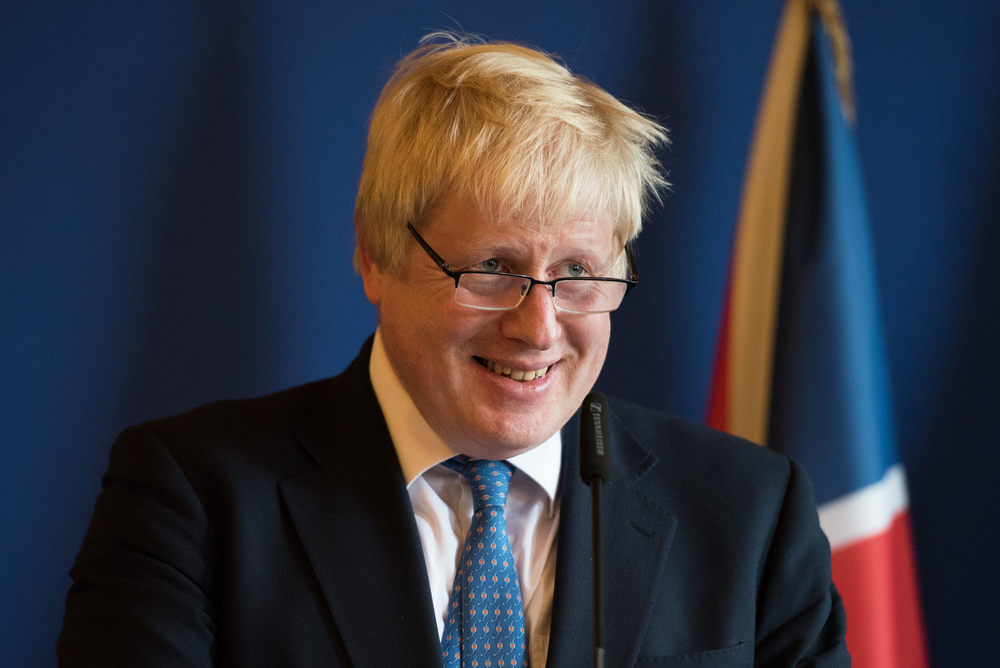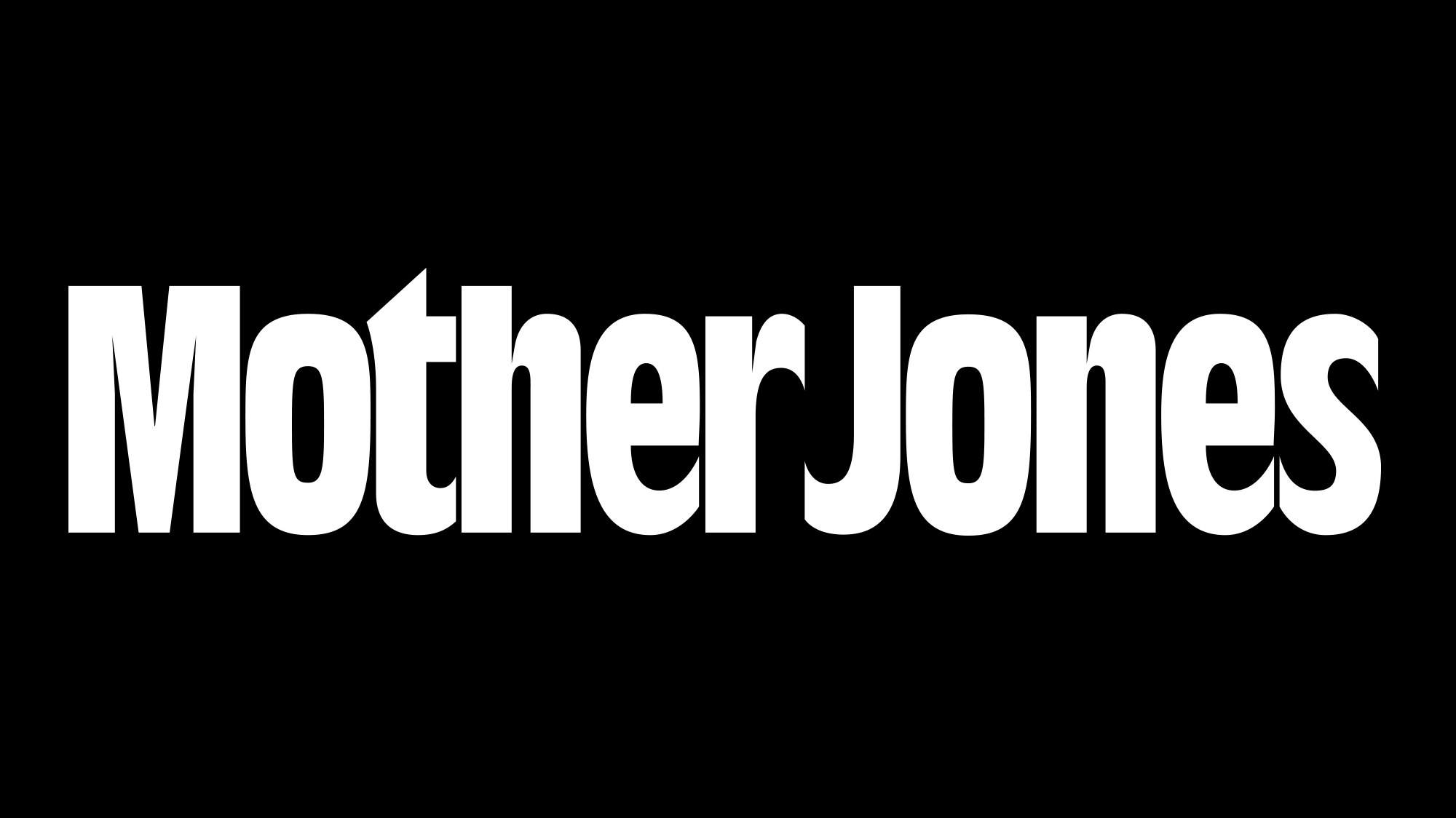
- Select a language for the TTS:
- UK English Female
- UK English Male
- US English Female
- US English Male
- Australian Female
- Australian Male
- Language selected: (auto detect) - EN
Play all audios:
Jacob Rees-Mogg has apologised for an election “gaffe.” He said on LBC, of the Grenfell Tower fire: “The more one’s read over the weekend about the report and about the chances of people
surviving, if you just ignore what you’re told and leave you are so much safer. And I think if either of us were in a fire, whatever the fire brigade said, we would leave the burning
building. It just seems the common sense thing to do. And it is such a tragedy that that didn’t happen.” The attack on Rees-Mogg was that the comment was smug and uncaring. That might be how
it feels reading the words. But that was not the tone when listening to the clip. His mistake was to say “common sense” rather than “instinctive”. Sometimes an instinctive response can be
wrong. Of course, we know that in the case of the Grenfell Tower fire it was right. Many residents followed their instincts and left the building and survived. Sir Martin Moore-Bick, the
inquiry judge, said a decision to evacuate should have taken place once it was clear that the fire had spread out of control. In his report, Moore-Bick says this was, or should have been,
“reasonably obvious” despite the risks of evacuation. Rees-Mogg “gaffe” was exercising empathy not in lacking it. He gave a personal response. Had he robotically mouthed generalised official
platitudes he would have been fine. At least in terms of the media. Voters have a habit of making their own decisions about the acceptability of a particular utterance from our elected
representatives. Politicians who are entirely risk-averse or evasive in their comments do not always flourish. Boris Johnson has given us an abundance of “gaffes”. Entire books have been
written about them. To take one example. During the 2006 Conservative Party Conference, he criticised Jamie Oliver’s efforts for healthy eating in schools. Boris declared: “I say let people
eat what they like. Why shouldn’t they push pies through the railings?” A media frenzy ensued. The new Tory leader David Cameron was upstaged. His efforts to give the Party a prim, goody
goody persona were sabotaged. Michael Howard knew the feeling. In 2004, within a year of becoming Tory leader, Howard had sent Boris off to Liverpool to apologise for a leader in the
_Spectator_ about the Hillsborough disaster. With this record, it is surely right for Boris to err on the side of leniency. All the more so as a gaffe no longer has to be current. Much
political effort is now spent on “offence archaeology”. Whenever a new candidate is announced by a political party the rivals are busily engaged in scrolling down the Twitter feed in the
hope of spotting some crass comment made in 2015 – which they can then announce they are very “concerned” to have discovered. Often it will be something advocating killing people, or, at
least, suggesting their death would be a welcome occurrence. This is tricky territory for those with ambitions to go into public life. “I’ll kill you,” is often a statement uttered that is
not meant to be taken literally – to a relative, friend or work-related acquaintance. It might reflect genuine exasperation or anger – or be an entirely light-hearted response to a practical
joke. In the age of social media making such reference casually – perhaps late at night after a few drinks can prove ill-judged. In the interests of political balance, I will offer a couple
of examples from the last week from each of the main parties. Francesca O’Brien, the Conservative candidate for Gower, was found to have made the following comment in 2014 while Channel 4
programme _Benefits_ _Street_: “My blood is boiling, these people need putting down.” Then we have Zarah Sultana, the Labour candidate for Coventry South. In response to a post claiming
nobody’s death should be celebrated she tweeted, in 2015: “Try and stop me when the likes of Blair, Netanyahu and Bush die.” Both have apologised. Neither has withdrawn or been deselected
(at the time of writing). So the electors of Gower and Coventry South will have to decide how forgiving to be. Each case is different. But one rule that tends to emerge is that going into
hiding doesn’t work. You can defend a comment, apologise, “clarify”. But dodging the media is probably a mistake. Oliver Letwin was the Shadow Chief Secretary to the Treasury during the 2001
General Election. Conservative policy was to cut public spending by £8 billion. But he expressed an “aspiration” that savings of £20 billion could be found. He went into hiding for the
campaign which just made it more of a story. How much better if he had taken to the airwaves and said they certainly identified £8 billion of wasteful spending and hoped to find £20 billion
– allowing tax cuts without any harm to public services. He could have reeled off plenty of examples until the interviewers got bored and switched off the cameras. Jeremy Corbyn’s survival
as leader of the Labour Party puts the gaffe assessment into perspective. He has given a long list of the most outrageous statements. But they are consistent, ideologically coherent and
sincerely held. That is far more alarming than being caught out for a slip of the tongue – like David Cameron at the 2015 general election saying he supported West Ham, when his football
team is Aston Villa. Or Jeremy Hunt saying his wife is Japanese, when she is actually Chinese. Corbyn’s expressions support for Venezuela, or the IRA or Hamas are not “gaffes”. He really
means it. Then again in each incident, we have to consider whether such remarks are merely an embarrassing lapse of revealing something deeper. Margaret Thatcher tended to be careful about
what she said – though her reference to there being “no such thing as society” was a gift to her enemies in seeking to caricature her philosophy. But after Nicholas Ridley died she paid
tribute to him saying: “He was often pilloried for what the critics described as his ‘gaffes’. But one man’s gaffe is another man’s home truth. Even pearls begin with grit.” Anyway, expect
plenty more over the next month. It is as if – as with manifestos, election broadcasts and photo opportunities, there is a quota to be filled. So whether the outrage is genuine or synthetic
there is bound to be fresh example every day or two. Some instances, fairly or unfairly, will help the electorate to confirm their minds as to what politicians “really think.” But I doubt
they will actually change the outcome of the election.









